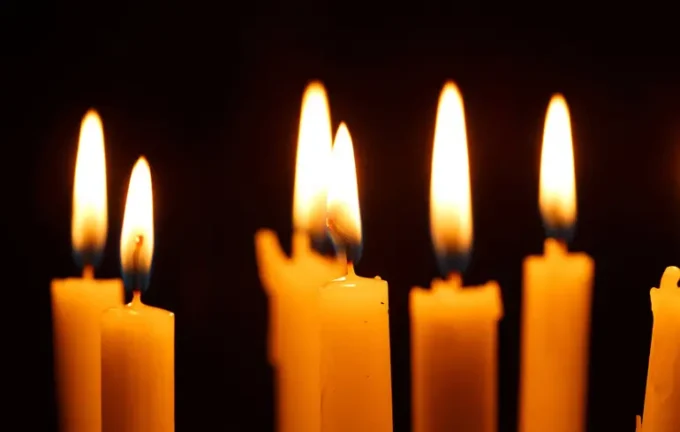The Feast of the Twelve Apostles: Traditions, Signs, and Folk Customs

June 30th is celebrated in Eastern Orthodox churches as one of the oldest and most venerable holidays — the Feast of the Holy Assembly of the Glorious and All-Holy Twelve Apostles, the disciples of Christ. This is not only a religious holiday but also an important day on the folk calendar, traditionally coinciding with the middle of summer and symbolizing its peak and the concluding period of active summer work. On this day, ancient rituals related to the summer solstice and beliefs passed down through generations have been preserved among the people. Traditions and Rituals of the Holiday A common feature of the celebration is the solemn visit to the church, where believers light candles in honor of the apostles — Simon, Andrew, Juriy, Peter, Paul, Matvei, Bartholomew, Ivan, Thomas, Levi, Philip, and James. A particularly popular tradition is the symbolic adherence to a ritual involving eggs, which are considered a special festive attribute on this day, reminding of the Resurrection and new life. Another important tradition is decorating homes and homesteads with natural signs and performing rituals that bring luck and well-being. For Ukrainians, this holiday was an inspiration to celebrate the middle of summer — the so-called "top of summer" — a time of active work and merriment. Traditionally, people would dress in their best clothes, symbolizing joy and a festive mood, and go to sandy or grassy areas to harvest and rest after hard work. In the evening, festive gatherings and folk festivities were guaranteed, lasting until deep into the night, uniting people with cheerful songs and dances. Customs and Prohibitions According to folk beliefs, this day features special prohibitions and ritual warnings. Arguments, quarrels, or wishing harm upon others are not allowed — it is believed that negative thoughts and words on this day can bring misfortune. Likewise, complaints or mourning were discouraged, as they were thought to negatively affect the harvest and family prosperity. During the day, it was not recommended to engage in dirty household work — beating carpets, washing floors, or doing any heavy or unpleasant chores, since, according to beliefs, such actions could harm the productivity of summer and overall well-being. Another prohibition concerned haircuts — it was not advised to cut hair on this day, to avoid losing the strength and energy that plants and animals give away beforehand. Folk Signs Ancient signs associated with this date help predict the weather and upcoming events. According to folk beliefs, if dew fell in the morning, the day would be sunny and hot, and a good start to the day promises clear weather until evening. Conversely, if dew is not visible, rain or overcast weather is expected. Yellow clouds in the sky signal an impending rain. The sighting of a carp raising its head, back, and tail after the rain is a sign of a warm and comfortable second half of the day. Additionally, if the cuckoo continues to call, it is believed that the summer warmth will last for quite some time. A particularly significant sign is the singing of the nightingale — if it sings for another 5–6 days after the holiday, the summer will be warm and clear, and winter will arrive late and be mild. Such signs help Ukrainians anticipate and prepare for changes in nature, providing initial information about future weather conditions and the state of the environment. Thus, the Feast of the Twelve Apostles is not only a vital religious holiday but also a time rich with folk traditions, rituals, and beliefs that connect modern life with the distant past of the Ukrainian people. It is a day filled with hope for a happy future and preserves valuable spiritual and natural customs of our ancestors.

